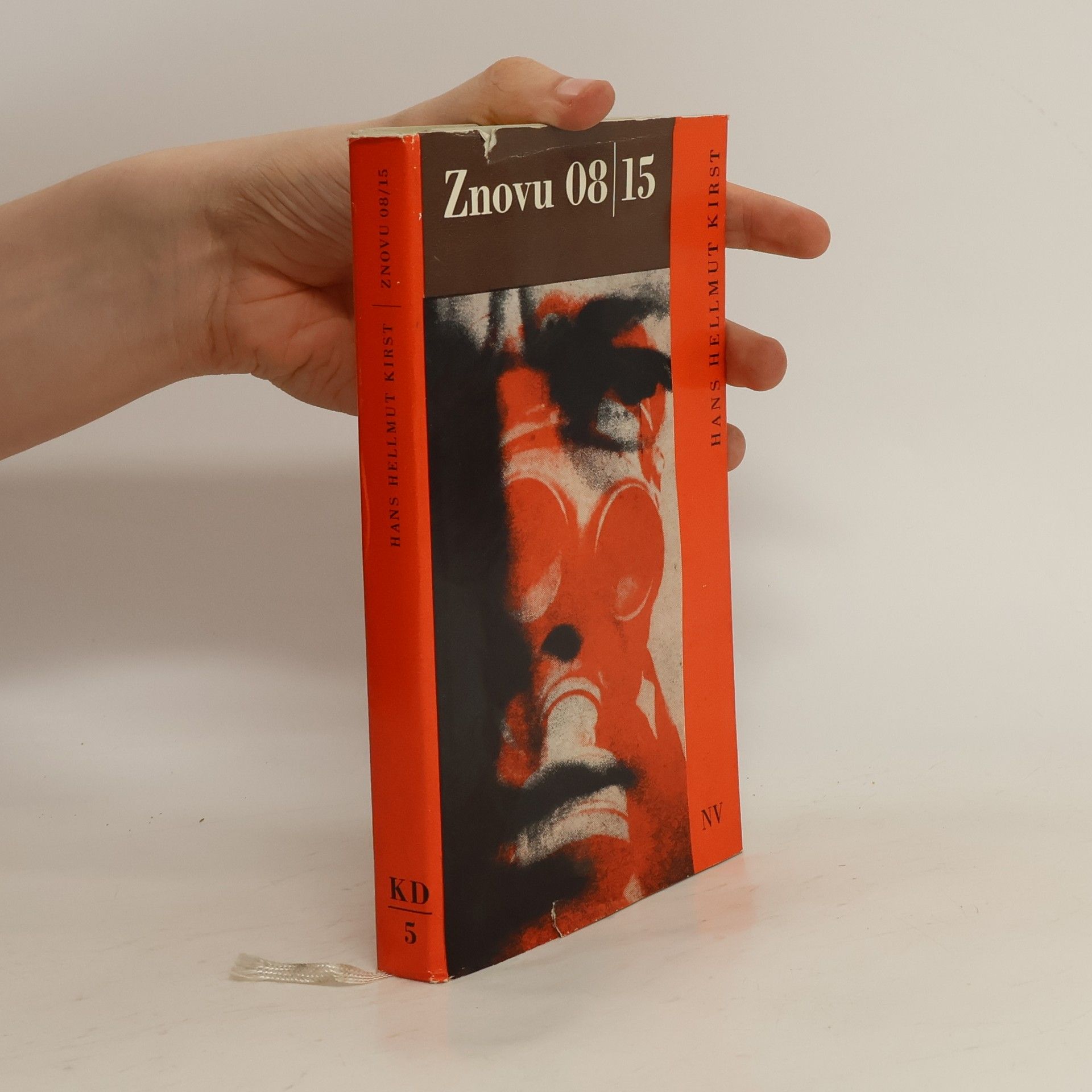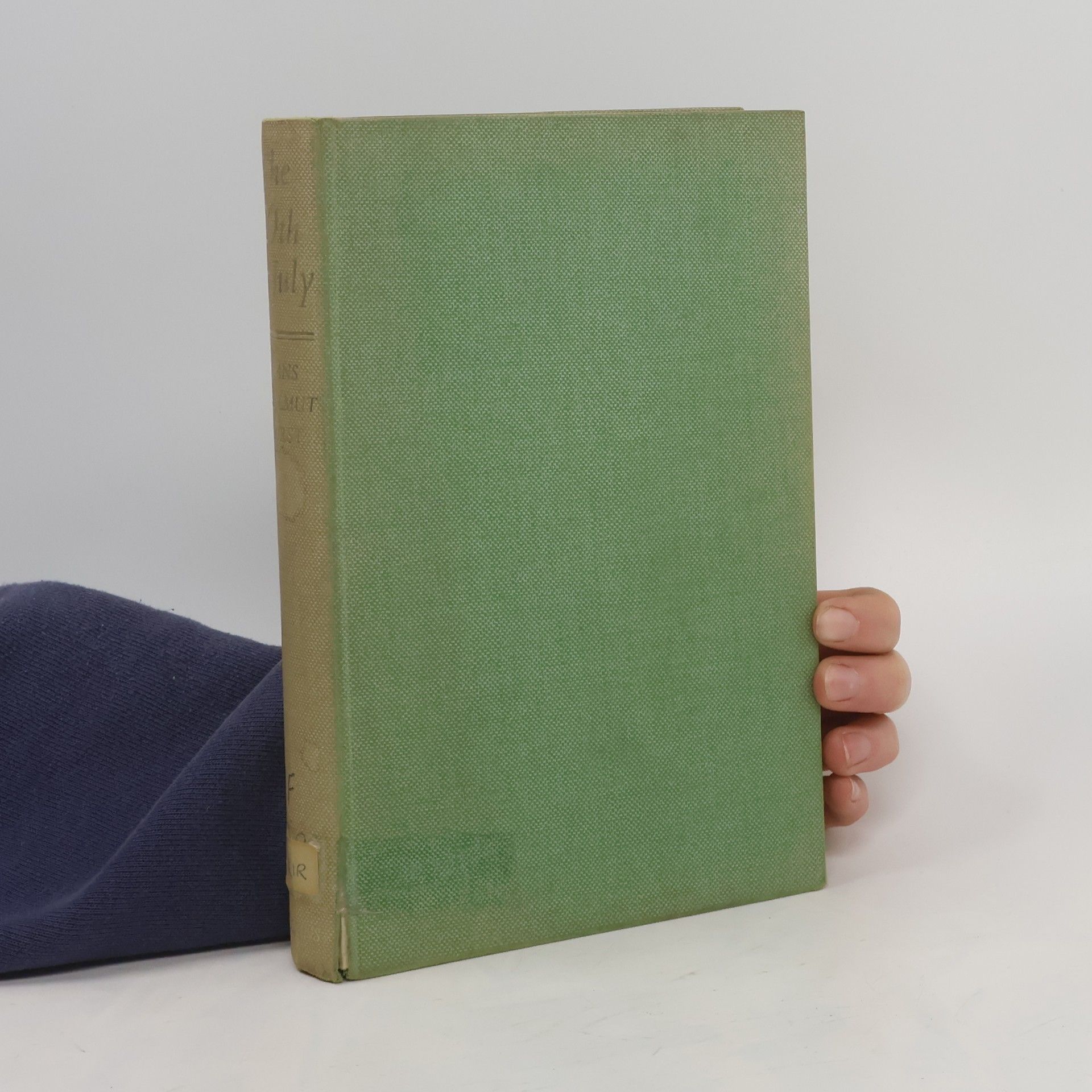Autor velice střízlivě líčí pohnutky spiklenců, kteří chtěli ukončit válku, aby zachránili Německo před katastrofou absolutní porážky. Účastníci spiknutí, osobně stateční, ale v politice diletantští důstojníci, se tímto svým činem oddělili od většiny mlčících a poslušných Němců, které fašistická diktatura připravila o vlastní mravnost. Román západoněmeckého publicisty o pokusu o atentát na Hitlera, který zorganizoval úzký kroužek důstojníků wehrmachtu.
Hans Hellmut Kirst Knihy
Tento autor se ve svých románech zaměřuje na život vojáků a na často se vyskytující korupci v armádě. Jeho díla, ovlivněná vlastní zkušeností z druhé světové války, pronikavě zkoumají strukturu vojenského života. Vytváří tak působivé příběhy, které čtenáře vtahují do světa disciplíny i lidských selhání.

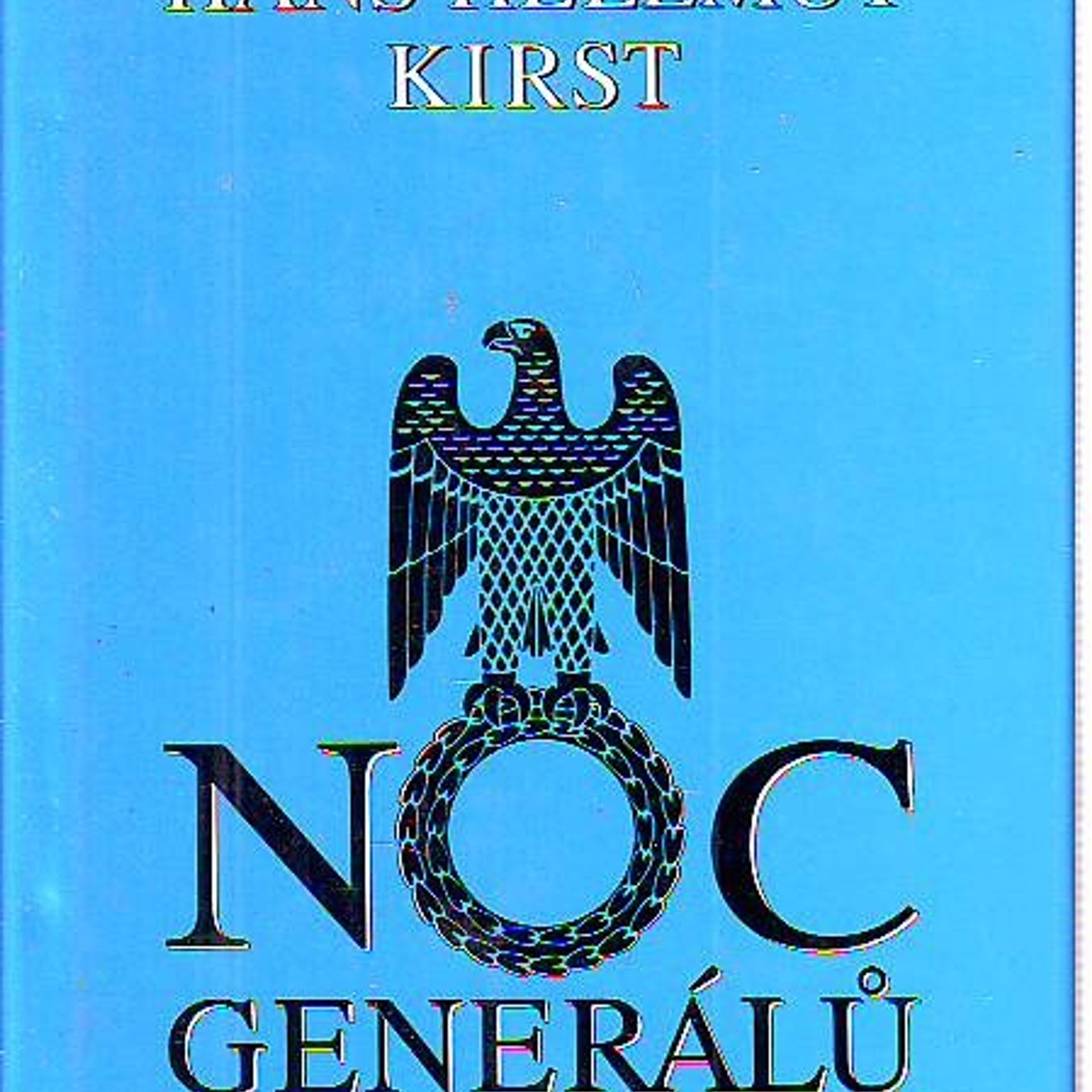

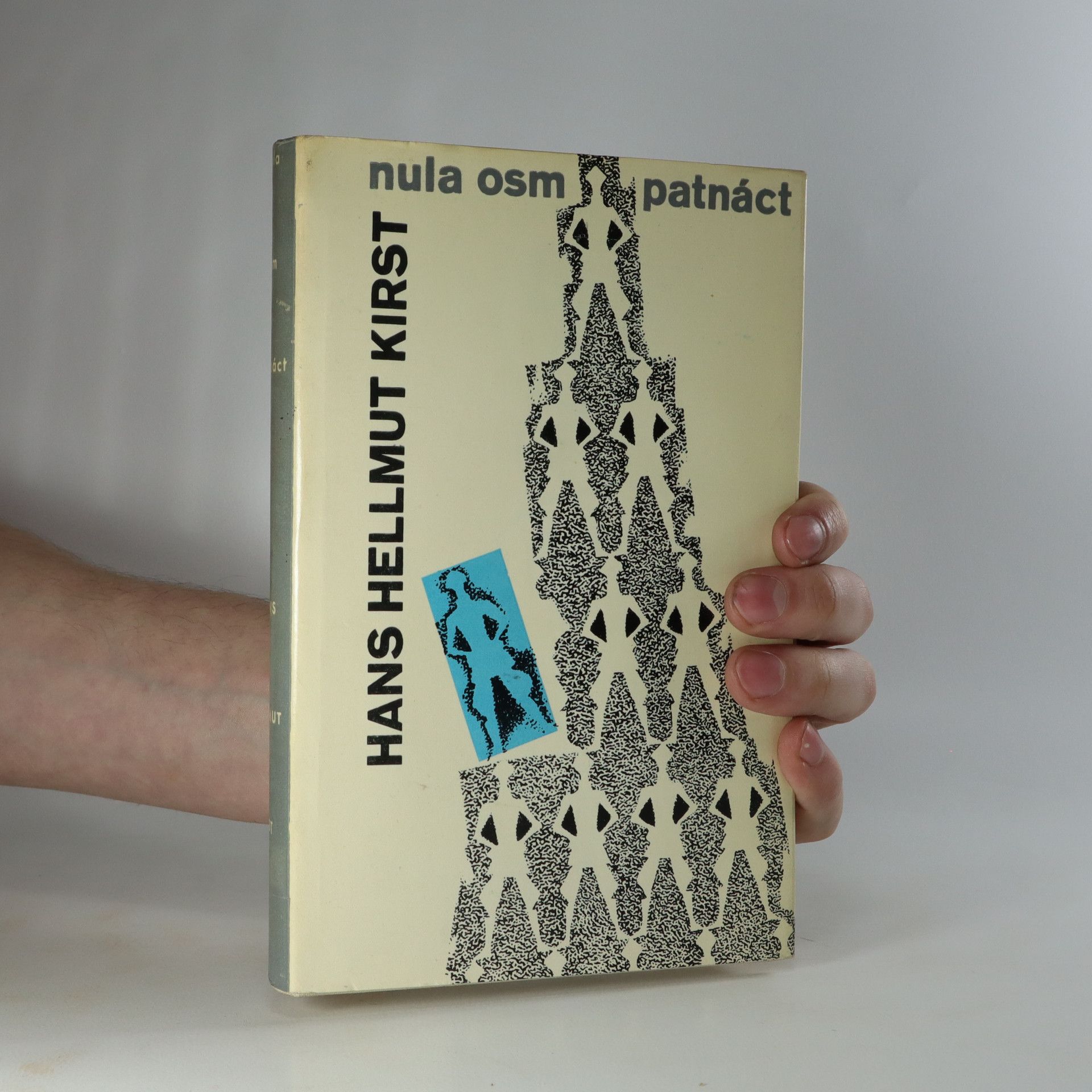

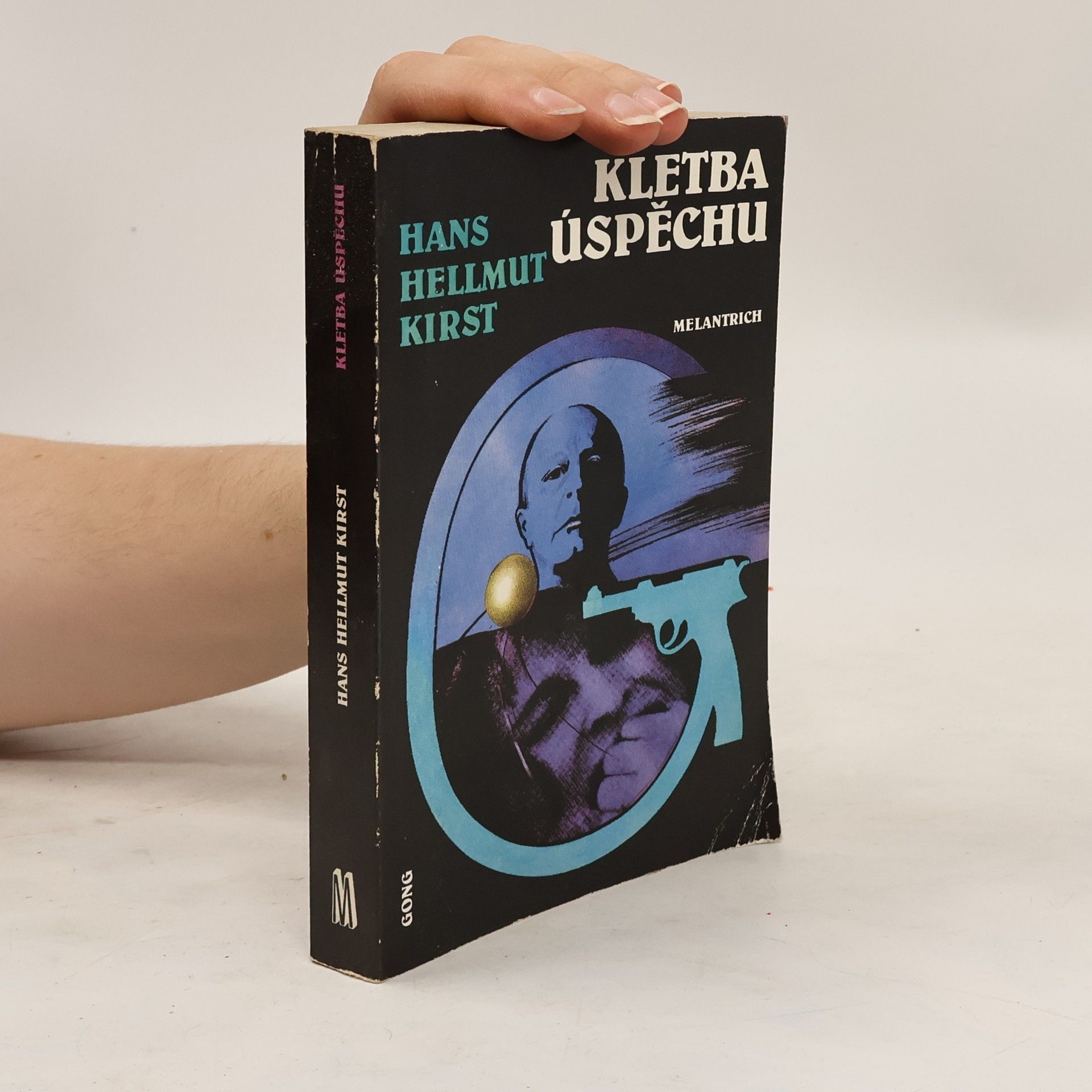
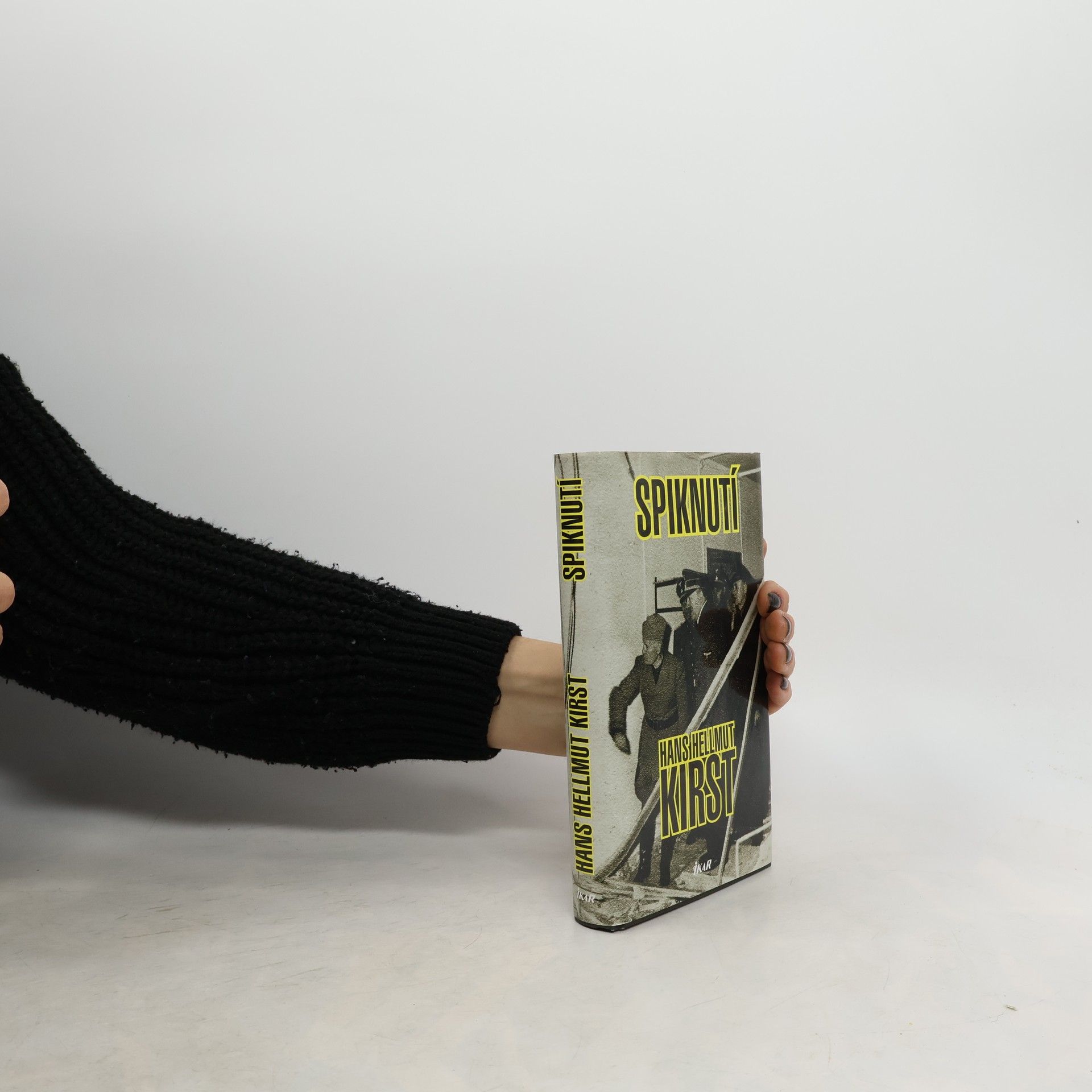
Kletba úspěchu
- 359 stránek
- 13 hodin čtení
V mnichovském luxusním apartmá je nalezena zavražděná prostitutka. Mnichov žije přípravami na Olympijské hry, prožívá nákupy pozemků, jimiž by měly vést cesty k olympijskému areálu. Ve hře jsou miliony, transakce a superkšefty. Jak to souvisí se smrtí exkluzivní prodavačky lásky?
Za války jsou objeveny zohavené mrtvoly žen. Policie pátrá po pachateli sexuálních vražd, jímž je údajně německý generál... Varšava 1942, pařížské zákulisí generálského spiknutí v létě 1944, poválečné Drážďany a Berlín 1956 - německé opětovné zbrojení a setkání "starých kamarádů" - to jsou hlavní momenty tohoto poutavého románu o vině a smíření, politické morálce a vojenské povinnosti, který se dočkal i filmového zpracování. (Kniha u nás vyšla poprvé v r. 1969, ovšem ve vynuceně zkrácené a ochuzené verzi, jelikož byla poválečná část příběhu situována do tehdejší NDR.)... celý text
Úspěšný satirický román pokrokového západoněmeckého spisovatele, inspirovaný Haškovým Švejkem, líčí život v hitlerovských kasárnách před válkou a na osobních příhodách svobodníka Asche zesměšňuje prušáckou vojenskou mašinérii.
Detektivní román se společenskokritickým nábojem ze západoněmeckého prostředí.
Román západoněmeckého spisovatele, jehož popularitu založila románová trilogie "08/15", dílo, v němž autor na názvu "08/15", značícím původně vzor zbraně, ukazuje slepou poslušnost, která umožnila Hitlerovi změnit německého vojáka ve válečného zločince. Román "Znovu 08/15", vycházející deset let po prvním svazku trilogie, není však jejím pokračováním. Odehrává se v míru v nové západoněmecké armádě a autor v něm hovoří "znovu" o všem, co symbolizuje termín 08/15, tentokrát v bundeswehru.
